By Ashley Abadeer
On October 7, 2019, the Global Policy Policy Institute held the event “The UK’s Brexit Psychodrama: Where Will It All Lead?” which was lead by speaker Charles Clarke. Clarke has extensive experience in politics as a Labor Party Politician in the United Kingdom who served as a Member of Parliament.
Clarke, who formerly served as the Home Secretary under Prime Minister Tony Blair, began the discussion by explaining that after the end of WWII in 1945, the United Kingdom began to see the unequal effects of globalization. As the process continued to grow, millions were left out of the system and as time went on they became desperate for their voice to be heard. He said this desperation causes large parts of the population to be susceptible to the ideas of ideologues who try to sway countries away from international organizations in favor of nationalism. This serves as one of the most prominent analyses in the UK referendum to leave the European Union in a tight 52 to 48 vote on June 29, 2016.
Understanding the events of Brexit requires a deep understanding of the choices made by Theresa May, and Clarke highlighted some of the game-changing issues that were made by the former British Prime Minister. On March 29, 2017, Theresa May sent a formal letter to the European Union under Article 50 that read that the UK was going to leave which set in place the 2-year deadline for the UK to officially leave. Clarke said that leaving the European Union was not as simple as a ballot getting passed but posed an abundance of practical questions that have no obvious answers.
Clarke said that May should have formulated an agreement for the future and had a preferred model for the nature of the future EU and UK relationship prior to making this decision.
Despite the UK not having set negotiation points, Clarke ultimately believes the EU should provide three negotiating positions that must be included in future agreements. First was the issue of money in which the UK would be required to pay the EU the money owed under previous agreements which amounted to 39 billion pounds. Second, the EU would seek rights for EU citizens currently living in the UK, and likewise for UK citizens living in the EU. Finally, the EU would not accept a UK border in Ireland.
PM May decided that staying in the EU customs market was unacceptable because the issue of immigration especially should be honored in the referendum. As a result of this, May believed the United Kingdom should stop the freedom of movement from the EU which further exacerbated the aforementioned border issues. After months, May was unable to come up with a negotiation that was accepted by the British Parliament and the EU. When the March 31 deadline arrived she had to ask for an extension from the EU, a big political humiliation for the PM. The deadline was extended until Oct. 31, but international leaders, such as Emmanual Macron of France, have indicated that the UK needs to get serious about producing a deal. At the end of July 2019, May resigned as Prime Minister of the UK, and Clarke believes that she was not ready to face the conditions and dilemmas that were necessary to these negotiations.
Clarke discussed the impact of Boris Johnson taking over as PM after May, and the danger of his “do or die” approach to Brexit. His position is that the UK would leave the EU on Oct. 31 regardless if a deal had been made or not. On September 3rd, parliament passed legislation indicating they would refuse to leave the EU without a deal. Following this, Boris Johnson removed 21 conservatives from the Tory Party as he began to use the executive power to essentially bully parliament into keeping them quiet until the October 31st deadline.
Given the current state of affairs, Charles Clarke concluded by explaining what he thinks are the three options now with the new deadline looming.
First, is for a legitimate deal to be made, including a border deal. Clarke believes there is no chance of this option being met. He further indicates that Johnson is trying to use the EU as an “alibi for his failure,” and not finalizing a deal will promote this narrative. The second option would be for a general election to occur to perhaps shift the balance in parliament to address the unclear state of the UK. The final option is for the UK to vote on another referendum to determine once and for all if the UK should leave the EU. With this, Clarke said people should be worried about the democratic consequences of not abiding by the original referendum.
The current state of affairs in the United Kingdom is a complex web of issues that is rooted in historical “psychodrama.”
GPI hopes that this event helped students in understanding this current issue more critically and will keep an eye out on the approaching Oct. 31 deadline. The Global Policy Institute thanks Charles Clarke for coming to USC to unpack these issues with students and engaging with them in this important conversation.


